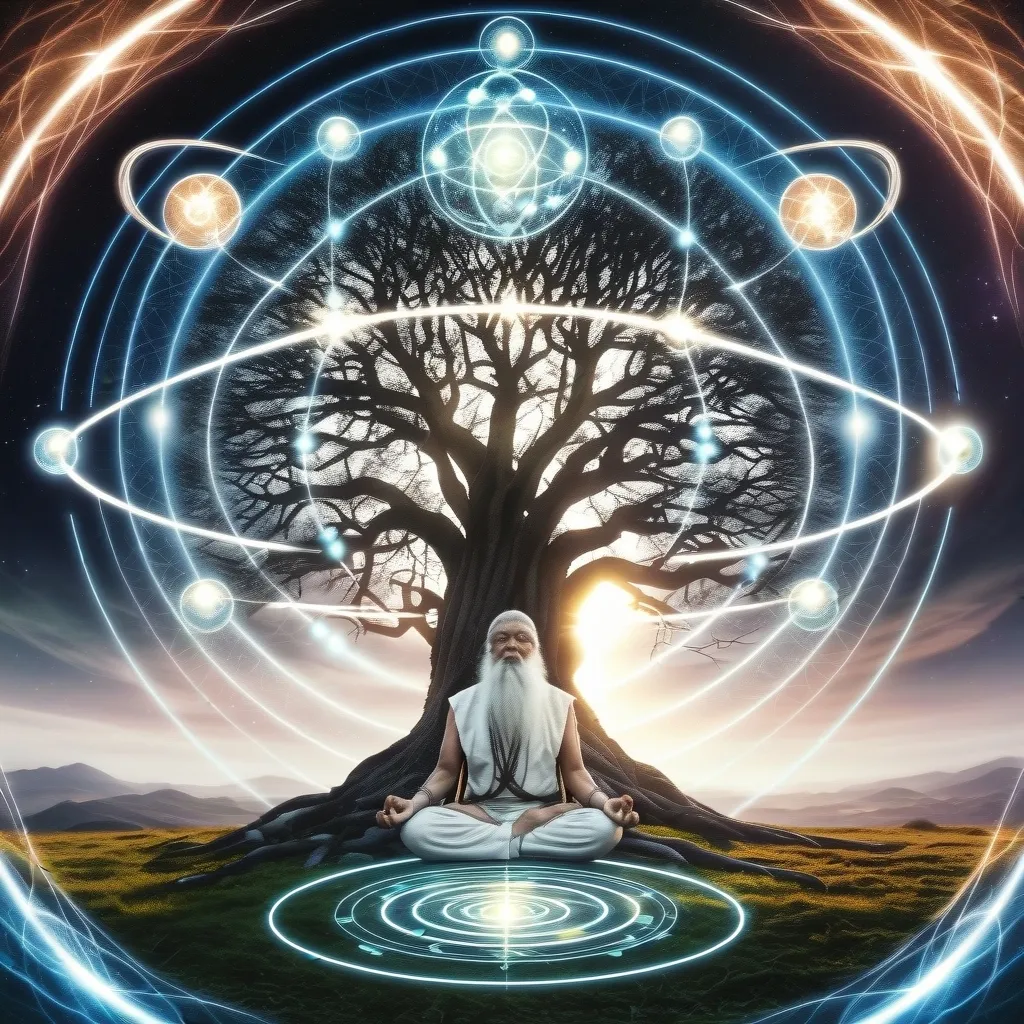The Bhagavad Gita is this ancient gem that dishes out some seriously good advice on finding emotional balance in our crazy world. Think of it as a chat between Lord Krishna and the warrior Arjuna, tucked within the epic Mahabharata. The wisdom in there speaks volumes about navigating life’s rollercoaster with some cool-as-a-cucumber vibes.
One standout idea from the Gita is “nishkama karma,” which is all about doing your thing without stressing over the results. It’s like giving 100% in whatever you do but not freaking out about what comes next. This mindset is golden, especially when life is all hustle and bustle, making stress and anxiety practically second nature.
The Gita also highlights how crucial it is to keep your cool. It suggests that real emotional rockstars remain unflappable no matter what the world throws at them. Keeping your emotions in check can lead to a peaceful state of mind, free from fear and all that jazz. This emotional stability boosts personal growth and makes you a productivity powerhouse, not to mention a better communicator.
Take this wisdom to the workplace, and it’s a game-changer. Loads of employees nowadays are feeling lost and bummed about their jobs. The Gita recommends an attitude adjustment where you give your best at work without obsessing over promotions or perks. This approach helps keep your mind clear and stable, even when challenges pop up.
The Gita doesn’t stop there; it dives into emotional intelligence too. This is all about handling your feelings and understanding others’ emotions, which is key for getting along with people and nailing workplace communication. Practical tips from the Gita show how to boost good vibes and manage those negative emotions, paving the way for a balanced and harmonious life.
Furthermore, the Gita breaks down emotions into six biggies: anger, fear, joy, love, sadness, and surprise. It emphasizes boosting the positive ones and keeping the negative in check. This way, you can maintain emotional stability and find your inner zen.
In a world that’s unpredictable, chaotic, and ever-changing, the teachings of the Bhagavad Gita on emotional balance are like a guiding light. By weaving these ancient teachings into our daily routines, we can stay balanced, handle our duties like pros, and keep our emotional boat steady. This timeless wisdom shows a practical and effective path to navigating modern life’s challenges, steering us towards a more fulfilling and peaceful existence.






